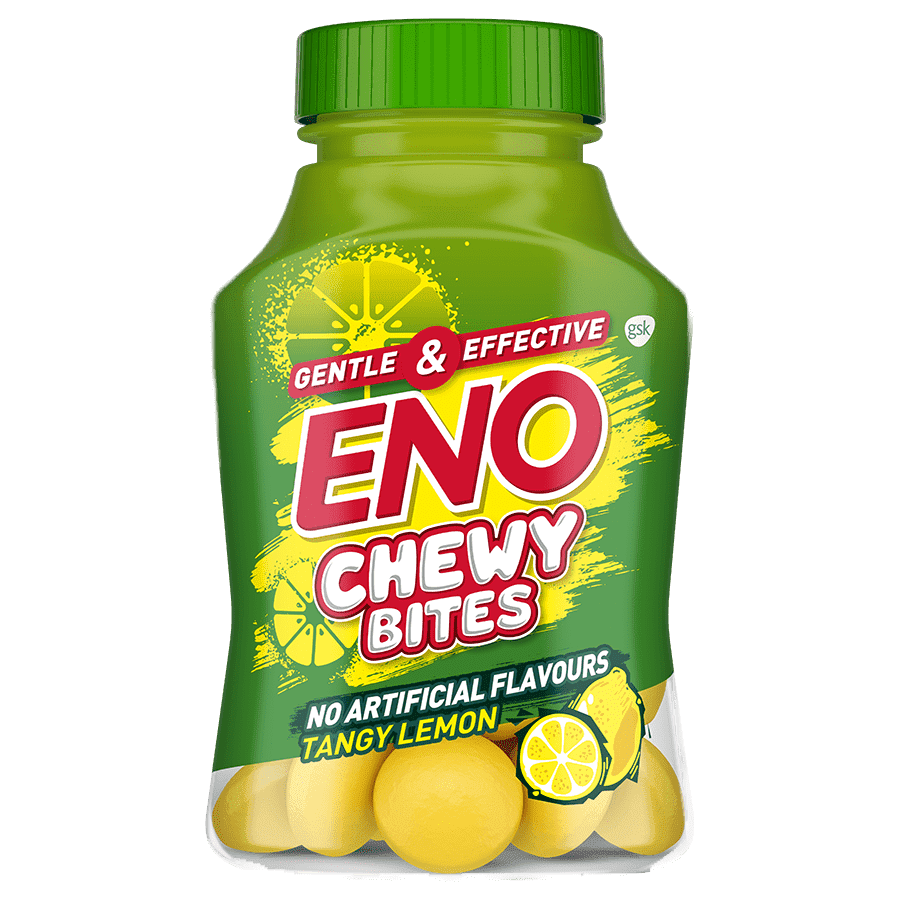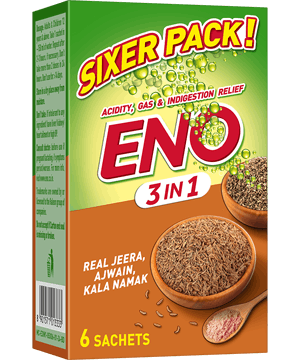How to avoid acidity during festivals
Festivals are joyous, lively times when celebrations fill the streets and homes, family members reunite with each other and friends hang out till late. Behind every elaborate celebration though, is a whole lot of laborious planning and coordination and the hustle and bustle of preparing for such a momentous occasion is part of the fun. You definitely wouldn’t want acidity to strike, causing you to miss out on special moments or even jeopardise your festival preparations.
Enjoy Diwali as much as everyone else
How Diwali can lead to acidity
- Diwali (Deepavali/Dipavali) is all about celebrating with family and friends, and sharing foods and mithai over the five days of the festival
- In particular, the days of Diwali, Annakut and Bhai Duj tend to be times when we over-indulge in our favourite foods
- Of course, eating too much, especially when it’s rich foods and sweet desserts, can trigger acidity symptoms like heartburn and reflux
Tips for enjoying Diwali without acidity
- Try swapping in healthier alternatives for ingredients when preparing dishes or treats, such as ladoo with dried fruits or methi (fenugreek)
- It’s easy to lose track of how much you’ve eaten when you’re having a good time. Enjoy the festive delicacies but try to be mindful and eat more slowly – it gives you time to savour the taste or get into conversations
- While it might not be polite to turn down an offer for food, you can definitely limit yourself to smaller portions
- We understand that the advice is easier said than done, and it is especially hard to say no to those tasty ladoos and savouries during the festival that comes only once in a year. So, don’t let acidity play spoilsport during special occasions and don’t miss out on any important moment, instead take ENO, and get back to the festive mood as it get to work in 6 seconds*
Don’t let acidity get in the way of enjoying Ramzan / Ramadan
Why acidity occurs during Ramzan and Eid al-Fitr
On special days of the year like Ramzan and Eid Al-Fitr, acidity may be more likely to happen. This could be due to a number of reasons. During periods of fasting, stomach acid production is increased.1 On the other hand, going to bed directly after Sehri while your stomach is still relatively full can trigger acidity symptoms.2,3 Also, after a month of fasting, it’s easy to over-indulge during Eid, particularly on foods high in fat, sugar and salt.
Tips for avoiding acidity during your Ramzan fasting and Eid al-Fitr celebration

You’ll likely be starving, but ease into your Iftar. Try breaking your fast first with something light, such as dates and water, before getting to the mains. Eating slower not only gives you time to savour the food but also reduces the chance of you overeating

Wait at least a couple of hours after eating before going to bed.2,3 You could use this time to start preparing ingredients for the next Sehri

Try to avoid deep-fried foods like samosas and vadas, as well as sweet delicacies like firni and falooda.3,4 Instead, have more fruits, pulses and beans, and also consider lean meat for its lower fat content4,5

Well, after fasting for an entire day, it might be difficult to resist those iftar delicacies. So, in case acidity plans to make a surprise visit, we have you covered. Take ENO for fast and effective relief, because ENO gets to work in less than 6 seconds*.
Other tips to help control acidity
If you suffer from acidity symptoms, it often helps to make a few changes to your lifestyle. Getting plenty of sleep – most doctors recommend at least seven hours a night – and doing exercise a few times a week can go a long way to making you feel healthier.
Some small changes to your diet and the way you eat can also help. There are some great tips on managing acidity with a busy lifestyle here.
Even with these changes, you might still get symptoms and benefit from using a fast and gentle antacid like Eno, which helps neutralise the acid in your stomach.6
It’s important to see your doctor if an antacid isn’t enough to control your symptoms or if your symptoms worry you.













